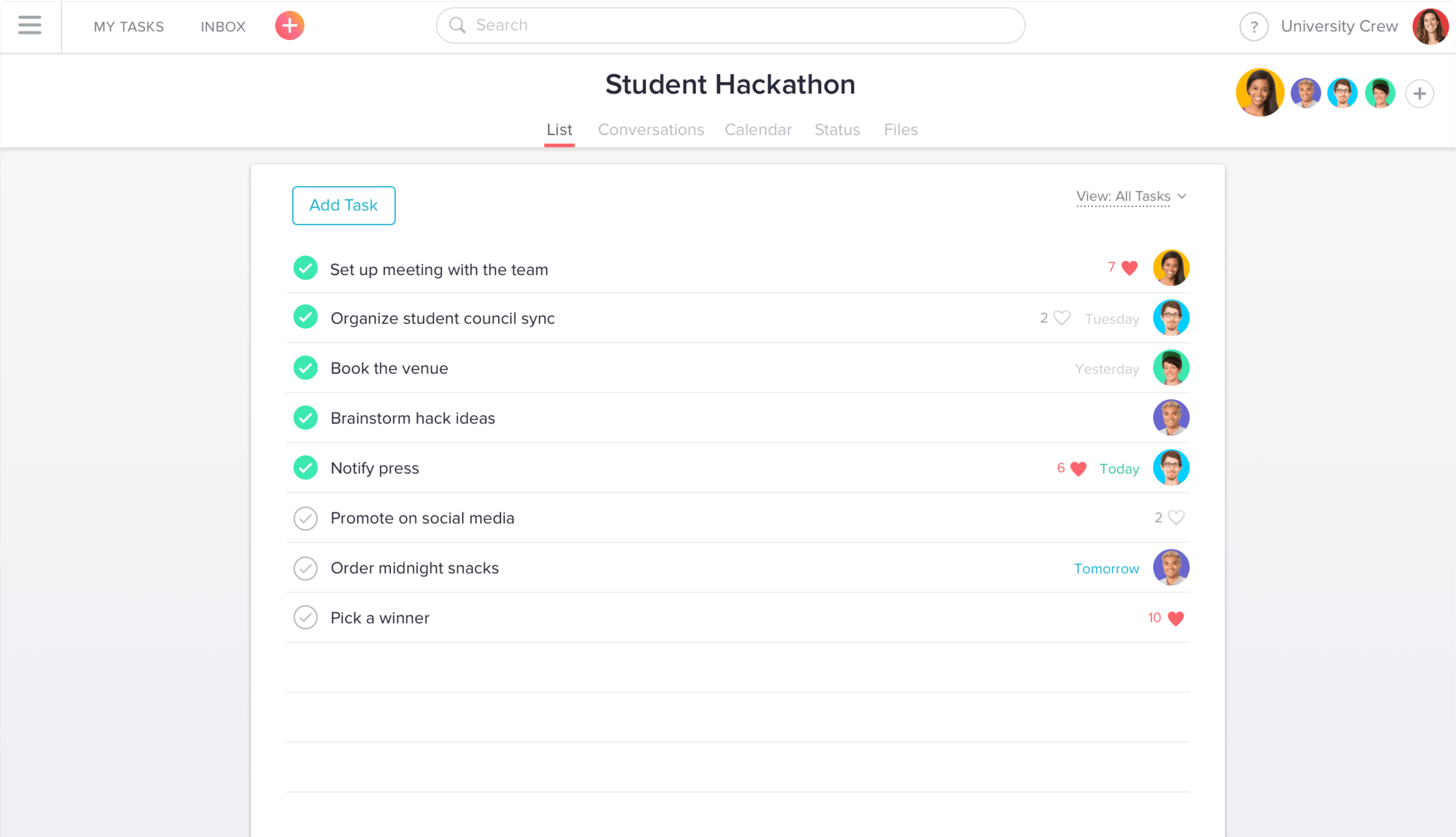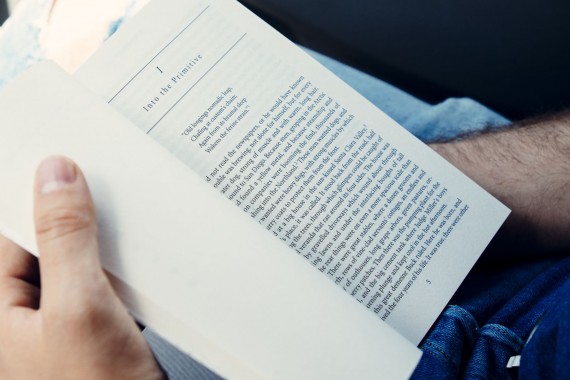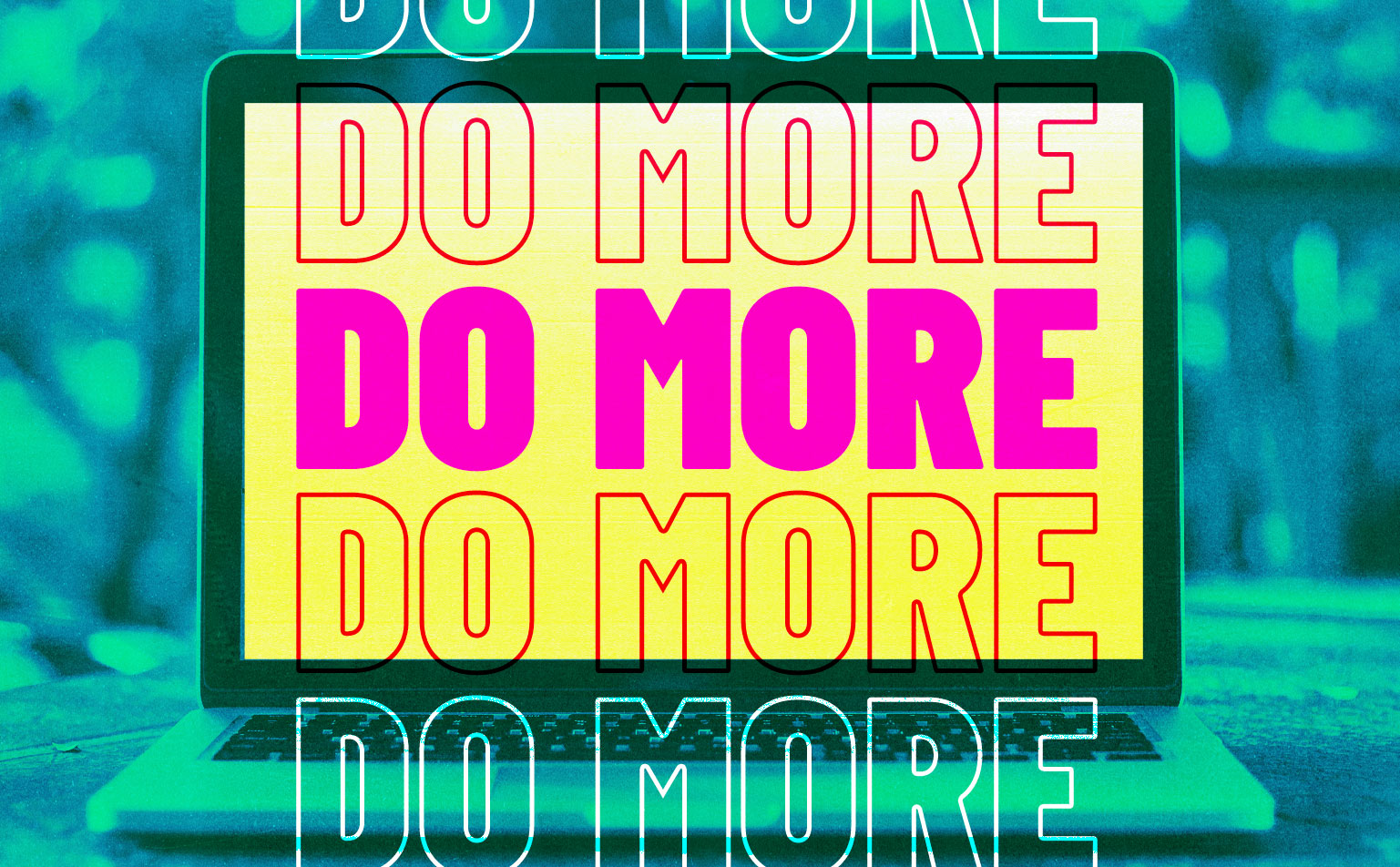Back in 2016, SLN reached out to our friend Bailey Parnell, Founder & CEO of SkillsCamp and expert in all things learning, to help share the top productivity hacks for students. Given how tough it is lately to stay on top of everything, it seemed like the perfect time to share this article with you again!
Between classes, extra-curriculars, jobs, and the rest of your lives, it’s super easy to get stressed out—not just about the present, but the future. There’s just a lot of stress taking up your time, and it’s preventing you from doing your best work.
The struggle. Is. Real.
But one of the biggest mistakes we see students make is thinking they need to wait until they’re a “professional” to start working efficiently. Wrong. Whether you’re working on this week’s class assignment or on the cusp of starting your career, you should future-proof your productivity habits now to set yourself up for success later. There are ways for you to get more done in less time and do better work at the same time.
Here are some non-typical productivity hacks for students that even the professionals swear by.
1. Use The Pomodoro Technique
Welcome to the big leagues of productivity hacks.
The Pomodoro Technique breaks up your work into 25-minute spurts separated by small breaks in between. Have you been in an exam and when you saw you only had 15 minutes left, suddenly your best ideas start flowing? Or maybe you’re part of the 85-95% of students that procrastinate because you “work better under pressure.”
When you put a time limit on something, you’re programmed to do it faster and more often, with more clarity. Think of the Pomodoro technique as making this phenomenon useful to your everyday. Split up your work into: “write for 25 minutes, then go to the bathroom” or “send 25 minutes worth of emails and then get a snack.” With the Pomodoro technique, that little break is your reward.
2. Do Your Hardest Work In The Morning
Before I even get out of bed in the morning, I pull my laptop off my side table, open it up—my eyes slowly adjusting—and work on my hardest or most creative task of the day. It is not about how early you wake up, but about what you do when you do wake up.
You see, there’s this thing called willpower (you may have heard of it). What you may not know is that willpower is a limited resource that gets diminished throughout the day by all those stressful things we were talking about earlier. You have the most willpower right when you wake up in the morning making it the best time to force yourself do those hard, annoying tasks like that next paragraph of your essay. Studies have also found the area in our brain most responsible for creativity, the prefrontal cortex, is actually most active right after sleep.
Pro Tip: Waking up earlier is just kind of one of those things you should adapt to now. All the greats do it.
3. Keep A Smart Task List

Okay, so you’ve probably heard this one before, but do you really know why these lists matter? For one, stop calling it a to-do list. You know you have to do the essay, but what are the small tasks in between now and completion. Make task lists. Secondly, don’t think of a task list as a reminder of what you need to get done. Think of it as the way you’ve gamified your tasks and collected them in one place.
Have you ever heard of dopamine? It’s that awesome chemical our brains release to make us feel good. Little shots of dopamine are released every time you check off a task. Because of this, we biologically tend to do the shorter, easier tasks first so that we can check off more and feel good longer. This is why you should break your projects down into smaller subtasks. Go as small as you want. Instead of “write essay” sitting on your list for a month, break it down into 10, 20, 50 sub-tasks of “read article,” “write intro,” “format pages,” etc. An app we (and all the pros) are using is Asana. You can set due dates, colour code projects, make subtasks and more but the best part is what comes across your screen when you check off numerous tasks. Just wait.
4. Practice Non-Zero Days

What is your goal right now? Are you trying to work out every day? Are you trying to read every day? Then it’s time you practice non-zero days. A zero day is when you do absolutely nothing towards meeting your goals or dreams. Yes, rest is good, but full rest days (even for one day) can put you at risk of breaking your habit. This doesn’t mean, read a novel a day or head to the gym every morning. It can mean you read a few sentences or do a few pushups. The goal is to keep the momentum going. Success will come from a stream of non-zero days in a row.
5. Take Coffee Naps
We’ve been doing coffee wrong. We’ve also been doing naps wrong. (I know, how could those sweet things be wrong?!) We’ve heard of taking coffee to boost your energy and we’ve heard of taking naps to boost your energy, but what science has proven as the ultimate energy boost is actually a coffee nap.
A coffee nap is where you drink a coffee and then immediately take a 20-minute nap while your coffee is digesting. Adenosine is the molecule that makes your brain tired. Caffeine takes the place of adenosine and prevents you from becoming tired. Sleep naturally removes that bad molecule so that when you have sleep and coffee together, the sleep is making LOTS of room for the caffeine to take hold. So for the ultimate boost, coffee naps are the way to go!
You now have enough to get you started on transforming your personal productivity. Go forth, and get more done!
If you liked these productivity hacks for students or are interested in learning more skills, we run a school for soft skills called SkillsCamp. We teach everything from presentation skill and personal branding to emotional intelligence and sales skills.

Get help with grades, jobs, scholarships, and more
*Opinions expressed are those of the author, and not necessarily those of Student Life Network or their partners.





